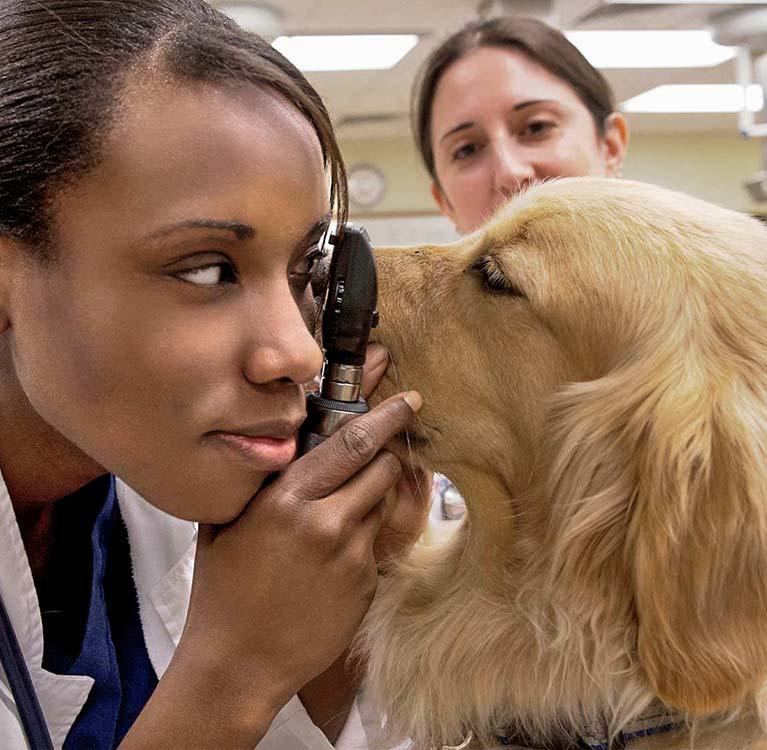Handy Advice For Deciding On Organic Pet Supplements
What Are The Most Prevalent Ailments That Can Be A Problem For Animals?Medical issues in animals can vary depending on the animal's species, age and overall health of an particular animal. Common medical problems in animals include:
Infections caused by parasites such as fleas, ticks or mites can be the cause of many health problems in animals. Making sure you are avoiding parasites, and getting regular checks-ups is essential. Skin Conditions: Skin conditions such as allergies, dermatitis, or hot spots could cause discomfort and irritation to animals.
Ear infection- Ear infection is common among pets and cats with floppy ears. It can cause discomfort and hearing problems.
Dental Issues: Dental problems like periodontal disease and tooth decay could adversely affect an animal's general health.
Respiratory Infections Respiratory Infections: Upper respiratory infections, such as pneumonia or bronchitis, are common in animals, especially those living in stressful or overcrowded environments.
Joint and arthritis problems Animals of all ages and large breeds are affected by arthritis and joint problems, which can result in pain and decreased mobility.
Obesity: Animals who are overweight are at risk of various ailments, including heart disease, diabetes, and joint problems.
Gastrointestinal Issues - Dietary problems, infections or other underlying issues can cause vomiting, diarrhea and digestive issues.
Cancer - Animals, as humans, can develop various kinds of cancers, and may require treatment, including surgery, radiation or chemotherapy.
Early detection and prevention of injuries and wounds is essential for the well-being and health of animals. A balanced diet, regular veterinary visits, vaccinations, parasite prevention, and routine checks can help to prevent frequent medical problems. A veterinarian should also be contacted immediately if the animal shows symptoms of disease. Take a look at the best yeast infections in dogs for more info.

What Are The Top Supplements, Vitamins And Probiotics For Canines?
The selection of vitamins, supplements and probiotics to give your dog should be made based on their particular needs and any advice given by a vet. It is essential to provide your dog a balanced and balanced diet. However, certain dogs may be benefited by supplements. Below are some supplements that can be beneficial to dogs.
Antioxidants - Antioxidants like vitamin C and vitamin D are able to help protect your dog's cells from oxidative stress and strengthen the immune system. Calcium and Vitamin D- These are important to maintain strong teeth and bones especially in puppies and large breed dogs.
Fiber Supplements- For dogs suffering from digestive issues, such as diarrhea or constipation Soluble fiber supplements can aid in regulating bowel movements.
Green-Lipped Mossel Extract It is high in Omega-3 fatty acids. It can assist in reducing joint inflammation and help improve mobility.
Coenzyme 10 (CoQ10) - CoQ10 is an antioxidant that helps support heart health and cell energy production.
Milk Thistle This herb can be used to help support the health of the liver of dogs that have liver disease or who are taking medications which affect it.
It's crucial to consult with your veterinarian before giving your dog any supplements, as they can provide guidance specifically tailored to your dog's requirements and needs. Supplementation amounts can vary based upon factors such as the dog's weight, health and age. In addition, overdosing can cause harm. It is essential to choose supplements manufactured by reputable producers. If you notice any unusual signs or reactions, consult your veterinarian immediately. A well-balanced and veterinarian-recommended diet is typically the best way to meet your dog's nutritional needs, and supplements should only be used when necessary and under professional guidance. Look over the best pet herbal supplements for picky eaters for site advice.

How Common Are Kidney Failure As Well As Skin Allergic Reactions, And Yeast Infection In Dogs? What Are The Treatments?
The conditions can be affected by dogs in a range of ways, based on the breed age, general health etc. Here's a brief overview of each disease that is prevalent, as well as possible solutions.
Yeast infection: Prevalence. The presence of yeast is quite prevalent in dogs. This is especially true in the areas of the ears and paws. They are most common in breeds like Bulldogs or Shar-Peis, which have skin folds.
Symptoms: Symptoms include itching and redness, a foul smell and discharge. Head shaking or discomfort can be caused by an ear infection.
Treatment: Treatment can include topical antifungal medicines, and oral antifungal medicines. Proper hygiene will help.
This is important to know because these ailments may be affecting certain dogs, but not all dogs. The frequency of these ailments will vary among breeds and breeds. Regular check-ups with your veterinarian and a balanced diet and preventive steps (such as controlling fleas and maintaining a clean environment) will help to decrease the risk of suffering from these diseases. If you think your pet may be suffering from a medical issue, including yeast infections, skin allergies or kidney problems, it's essential to consult with a veterinarian for an accurate diagnosis and tailored treatment program. Early intervention is key to improving your pet's health and quality of life. Find the Top pet herbal supplements for show dogs for site examples.
